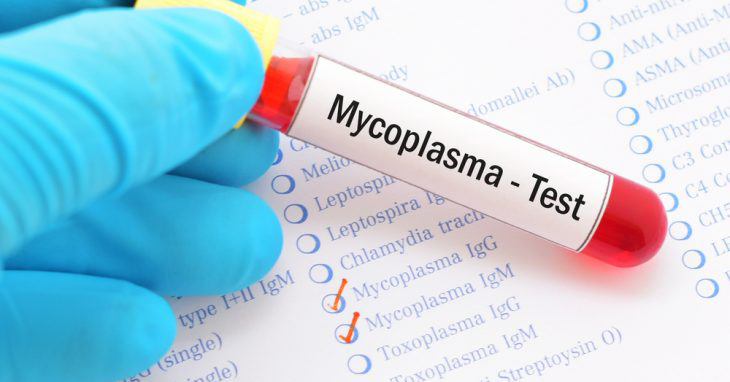During the autumn, to screen for the bacteria Mycoplasma bovis, bulk milk samples have been collected from milking herds every fortnight throughout New Zealand and testing of these samples has finally concluded in the last couple of weeks.
From these bulk milk tests, you may or may not have been aware, that several farms in in Northland have tested “positive” for Mycoplasma bovis.
In Northland, 693 dairy farms were tested during this process and of them, 18 tested positive for Mycoplasma Bovis (2.6% of herds tested).
However, the disease is unlikely to be as widespread as these initial results appear.
The test that is undertaken in the bulk milk at this stage of the eradication process, is called a screening test. To identify a small number of bacteria in a bulk milk sample, requires a screening test that is extremely sensitive. The down side to such a sensitive test is that it can provide false positive results. These are caused by bacteria in the milk sample that are similar in shape and size to Mycoplasma bovis. Therefore, a positive screening test doesn’t necessarily mean the herd is positive for Mycoplasma bovis. Of the 18 Northland farms which tested positive for the Mycoplasma Bovis, only a small number of them will actually have the disease. MPI suspects that of these 18 farms, only one or two (if any) will have true Mycoplasma bovis infections (0.2% of herds tested).
Because it is impossible to tell which herds have false positives without further testing, to prevent any further spread of the disease, these 18 farms have all been put on movement restrictions while a second test is performed to confirm whether the disease is present or not. This second test has very few false positive results, meaning that if they test positive at this second test then the farm has a true Mycoplasma bovis infection. This second test involves blood testing every single animal on these properties and if a percentage of these animals test positive for the disease, then they are declared an infected herd.
As you can imagine, the process of testing every animal on these properties is time consuming, so it may be a little while before these farms are declared negative from the disease and taken off movement restrictions. MPI suggests this may take up to 12 weeks.
To continue the monitoring process, MPI plans to take a bulk milk sample every month from every farm throughout New Zealand. For this reason, it is vital that you keep your NAIT records up to date so that in the unlikely event your farm tests positive at one of the screening tests, you have accurate records for animals entering and leaving the property to help with the secondary testing process.
If you have any further questions regarding the testing process and what implications it may have for yourself, please don’t hesitate to contact us at Wellsford Vets.

